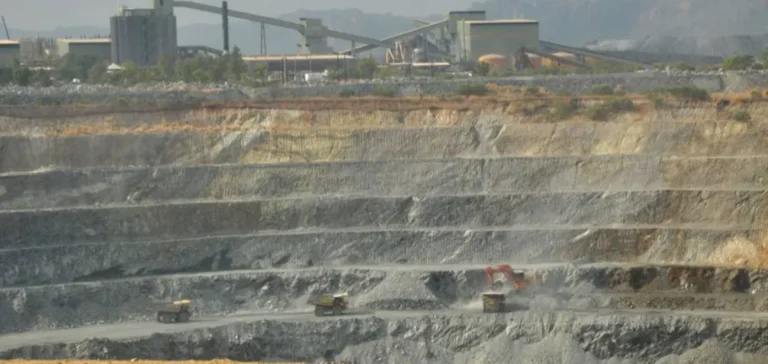The International Centre for Settlement of Investment Disputes (ICSID) issued a decision on 23 September in case no. ARB/25/8 between French company Orano and the State of Niger. The arbitral tribunal expressly ordered the Nigerien government to refrain from any sale, assignment or transfer of uranium extracted by Société des Mines de l’Aïr (SOMAÏR), finding that such actions would violate rights held by Orano under contract.
This injunction is part of a broader legal dispute initiated after the Nigerien authorities took unilateral measures regarding the management and marketing of mineral production from SOMAÏR. Orano, a majority shareholder and long-standing operator of the site, contests the legality of these decisions, stating that they contravene the investment and operating agreements concluded between the parties.
Dispute amid diplomatic tensions
The ICSID decision follows the rejection of a challenge brought by the State of Niger against an arbitrator appointed by Orano. The tribunal confirmed the regularity of its composition, reinforcing Orano’s legal position in the case. The group welcomed the ruling, viewing it as recognition of its contractual rights.
Orano also raised concerns over the situation of its local representative, Ibrahim Courmo, detained since May. The company notes that the Court of Appeal of Niamey ordered his release in July. ICSID, in turn, called on Niger to comply with that domestic judicial decision, adding a diplomatic element to the dispute.
Legal and commercial ramifications for the sector
The French nuclear group is considering further action, including criminal proceedings, should any attempt be made to pre-empt the uranium. Orano stresses the respect of its offtake rights, which secure its ability to take delivery of and market ore produced from mines it operates or co-operates.
The dispute unfolds against a tense geopolitical backdrop in Niger, where relations between the current authorities and several international partners have deteriorated. Orano remains one of the country’s largest foreign investors, particularly in uranium extraction, a strategic feedstock for European nuclear supply chains.






















